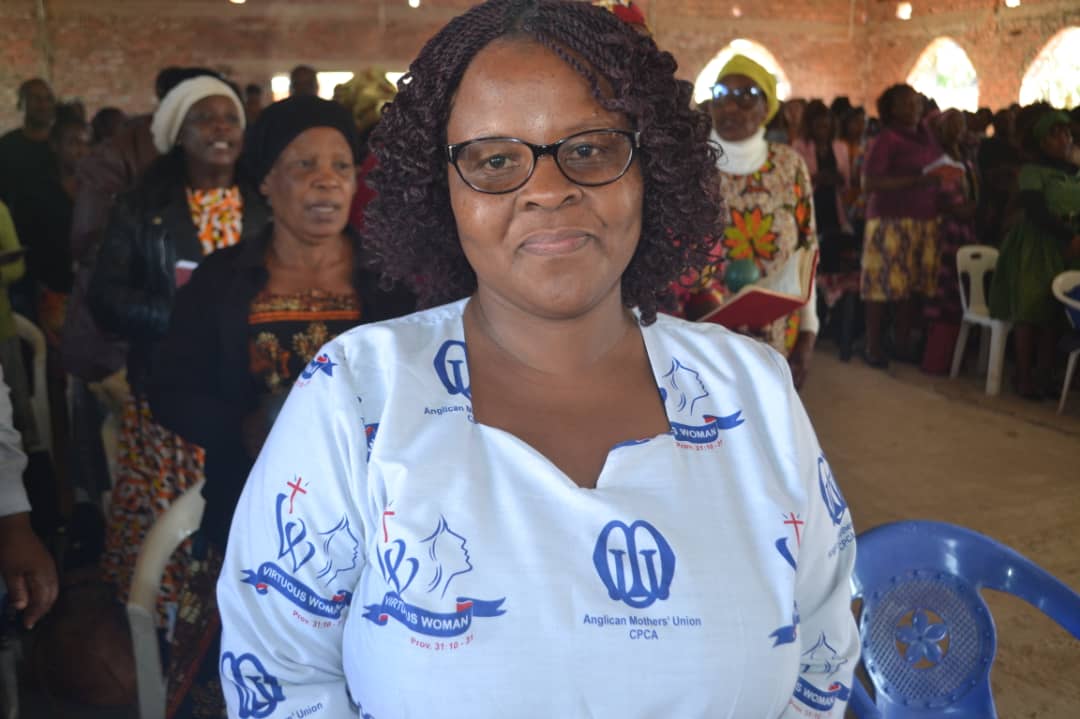|
Getting your Trinity Audio player ready...
|
Writes Shailet Mazula
Culture has done an extreme job of making men believe that vulnerability is equal to weakness and failure. From the moment of birth, regardless of gender, people are exposed to stereotypes, such as a baby girl wrapped in a pink blanket instead of blue, or gifting a toy car instead of a doll for the boys. Stereotypes are rooted in our culture.
“Boys don’t cry, and men do not shed tears” (Goodey, 1997) is associated with the African culture about what society expects from men in typical chaotic or challenging situations. Boys do not cry and a man never backs down from a fight. It is important to note that men are not identical. There is a wide range of factors that influence man’s decision to seek help and beliefs about help-seeking. For example, endorsement of masculine ideals such as endurance is associated with a lower intention to seek help.
The social and cultural expectations make men think of themselves as risk-takers, thus, leading to the probability of engaging more in risky behaviors that could lead to mental illness, (Apalkova et al, 2018). The supposed environmental pressures have been proposed to be one of the major causes of men’s premature death and have predisposed them to engage in unhealthy behaviors such as risky sexual behaviour, alcohol use, and abuse, high-risk sports, and reckless driving which is detrimental to their mental health.
Research has shown that while more and more men are seeking support for their mental health, they are doing so at much lower rates than women. One study found that male leaders who pursued help in the workplace were evaluated to be less competent than male leaders who do not seek help. A wide range of factors can influence men’s decisions to seek help including beliefs about masculine ideals, as well as structural barriers such as finances, knowledge, and availability of appropriate services
The external effects of mental illness can often be let go as a sign of weakness or personal catastrophe. For men, this type of social stereotyping can be hard to escape, being told to ‘man up’ is a common chorus that can be stigmatizing. According to the World Health Organisation (WHO), men are nearly four times more likely to die by suicide than women. This is true across all races. A true picture of mental health in men is hard to determine as men are significantly less likely than women to ask for help or seek treatment. Moreover, in addition to that, depression in men can often be overlooked or misdiagnosed since symptoms can differ from women’s notably angrier and more aggressive tendencies. What keeps men from seeking mental health support has deep roots in both traditional gender roles and societal attitudes about masculinity.
Men may battle to explain or express their mental health challenges
Generally, men and women experience mental health disorders differently. According to research first published in the American Journal of Men’s Health, women are more likely to experience internal symptoms, like depression and anxiety, while men have a tendency of experiencing more external symptoms, like aggression and violent occurrences, substance abuse and addiction, anti-social and attention deficit hyperactivity disorder. This tendency toward more aggressive symptoms has led men and medical professionals alike to either not recognize or discount these behaviors as symptoms of mental illness. Several studies, however, have suggested that the traditionally masculine symptoms of addiction and anger actually share the same underlying causes as traditionally “feminine” depression and anxiety. According to the National Institute on Drug Abuse, men are more likely than women to misuse illicit drugs, including illegal drugs, and more likely to experience overdose deaths.
The classic models of masculinity tough cowboys, soldiers, and warriors are known for their aggressiveness, a disciplined refusal to complain about their ailments, superior physical strength for man’s work, and an enduring approach to interpersonal relationships. These traditional tropes may contribute to the barrier against many men’s willingness to seek treatment for mental health issues.
A 2011 study published in the Journal of Health and Social Behavior found that men with strong beliefs about traditional masculinity were half as likely as those with more moderate masculine beliefs to seek preventive healthcare checkups that could help detect preventable diseases.
Men who buy into traditionally masculine stereotypes also have a much higher likelihood of holding negative attitudes about seeking mental health services. Race also plays a role in this regard. In addition to anger and aggressive behavior, the most common symptoms associated with mental health disorders in men may include depression, increased fatigue, irritability, unwillingness to socialize or anxiety about socializing, loss of interest in work or hobbies, and sleep disturbances. In recent years, research has looked more closely at how men show symptoms of depression and other forms of mental illness.
Despite the increases in help-seeking, we know men are more likely to attend relatively few support sessions and prematurely discontinue treatment. This suggests the need to enhance service offerings to men who are unwell, plus additional focus on help-giving by those in a position to reach out and provide service. Men are also more likely to seek help if they are from a sexual orientation minority, employed, older, separated, widowed, or divorced.
However, these factors are significantly influenced by socio-economic status and ethnicity.






